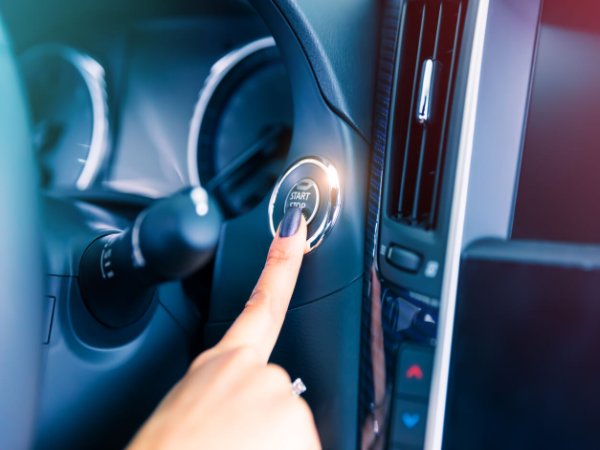Buying your first car is exciting, but can also be a bit nerve-racking. With a little planning and a bit of research, you can make the process easier and faster. Doing some homework before you head out to shop can save you both time and money.
Budget
Before you start searching and shopping for your car, it’s important to know your budget. Will you need a loan? Have you been saving for ages or are you planning to use both savings and financing? Your budget should include all the expenses of the car. Make sure to add in the cost of taxes, registration fees and insurance costs. You should also consider the cost of fuel before you buy. If you have a long commute, gas prices can easily stack up and make even the most affordable car an expensive ride. If you are considering an older car, be sure to consider maintenance costs that could add to the price of the car.
Get Pre-qualified
If you’ve decided that financing your car is right for you, consider getting pre-qualified for your car loan. This will allow you to firmly set your budget and buying power. At United Heritage, pre-qualified can happen in under an hour in most cases. Having a pre-qualified letter in hand while at a car dealership allows you to take immediate advantage of any offers that may be available.
Shop Around
Even if you are fairly sure about the car you want, it’s highly recommended that you shop around, but you can easily do that from the comfort of your own home. Most dealerships list both new and pre-owned cars on their websites, so that’s an easy way to compare prices and amenities. Another tip is to check dealerships in surrounding cities. A lot of times, dealerships outside of major cities can have slightly different prices and/or different incentives. If you’re considering pre-owned, the comparison shopping is especially important when considering age and mileage of the car.
Consider Your Future Needs
As a first time buyer, it’s easy to get carried away with an extravagant purchase. Most Americans keep their cars for about six years, so make sure you’re buying an automobile that can suit your needs for a few years. In six years you may be done with college and entering the workforce or starting a family. Buying your first car for today is exciting, but some practical planning may be best in the long run.
New Vs. Used
Buying a new car allows you to often choose add-ons for the car and can give you access to extended warranties. Be aware that new cars often depreciate or lose value quickly. With a used auto, you could be buying maintenance problems, so make sure that the car has been inspected. Your financing terms can also change depending on the car’s age. Generally when buying a new car, the length of loans available is longer. You may also find interest rates to be different, so make sure to contact one of United Heritage’s loan specialists to determine the best loan for your needs.
Read the Fine Print
Once you have your financing arranged and you’ve chosen your car, it’s time to sign on the dotted line. Make sure to read all of the terms of the purchase and be wary of add-ons. While it may seem like a good idea for maintenance concerns, all those extra warranties and offers may be more expensive in the long run. These can often make the cost of the car skyrocket and easily be out of your budget range.
Insure
Once you’ve become the proud new owner of your car, you’ll need to make sure that it’s properly insured. United Heritage offers several options for auto insurance through our partners at UHCU Insurance Services. We’ve got you covered from bumper to bumper!
When You Are Ready
Our auto loan process is simple and straightforward and our loan specialists are ready to help. Call 512.435.4444 or visit our
Auto Loan page to apply today!

